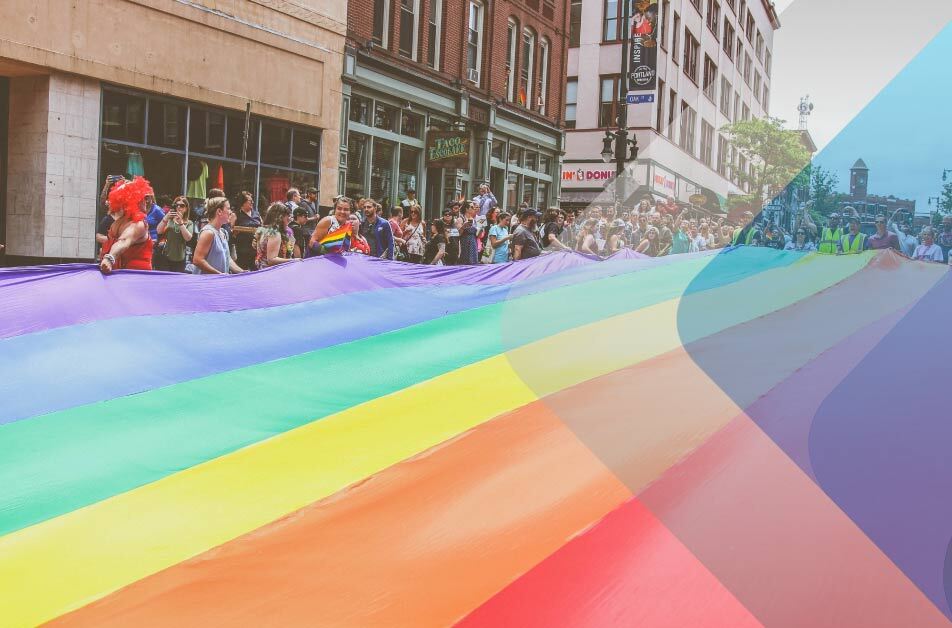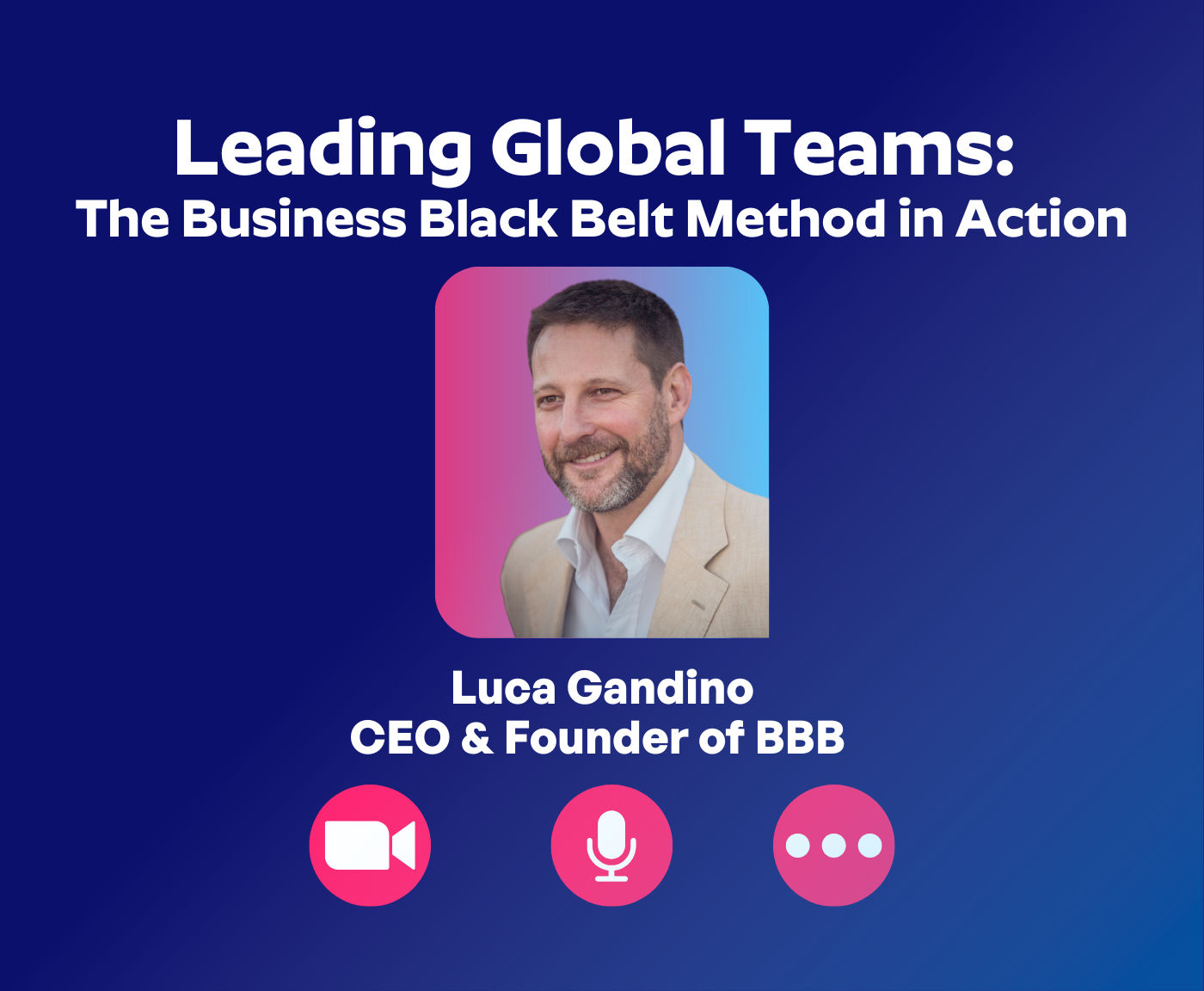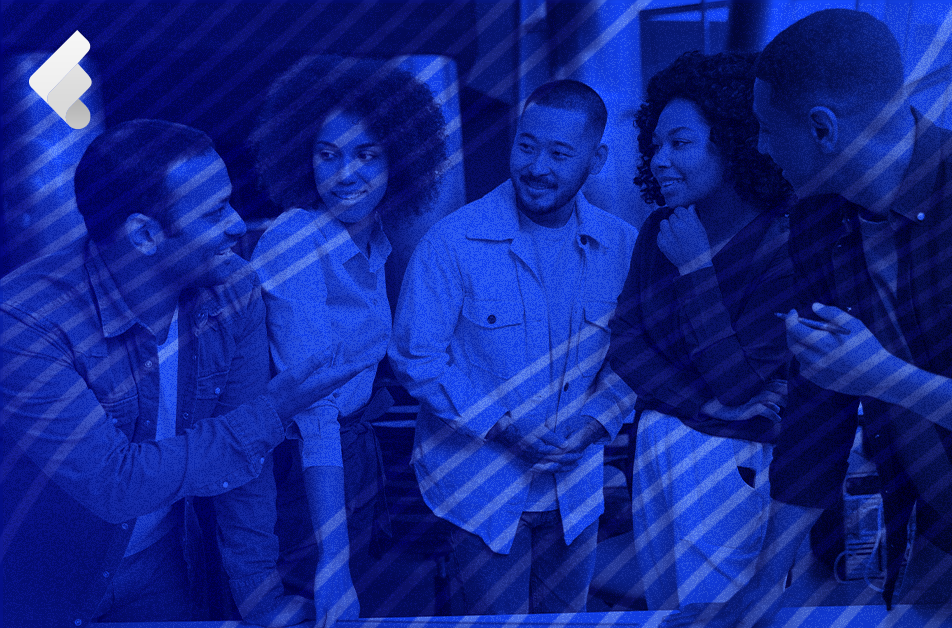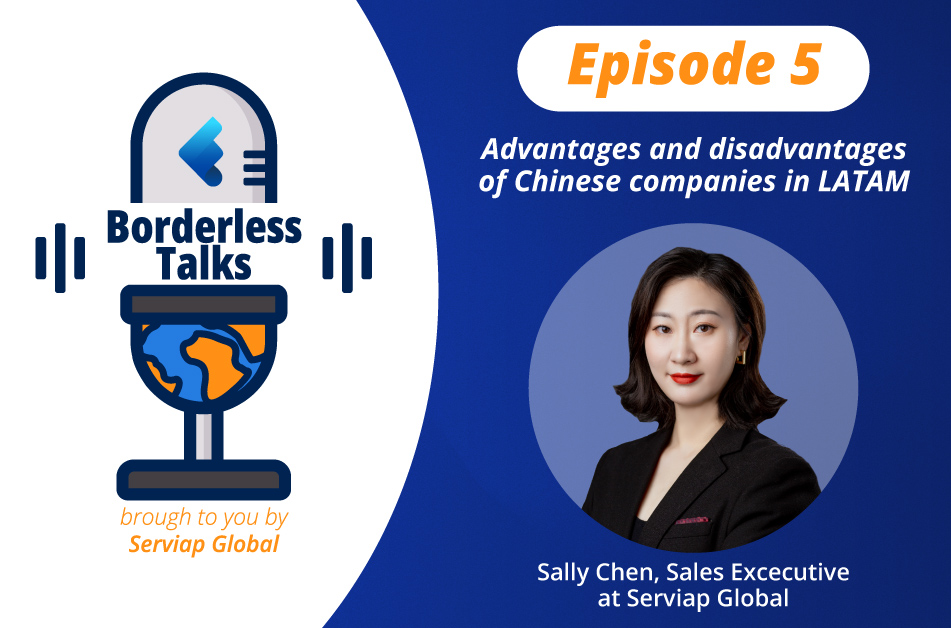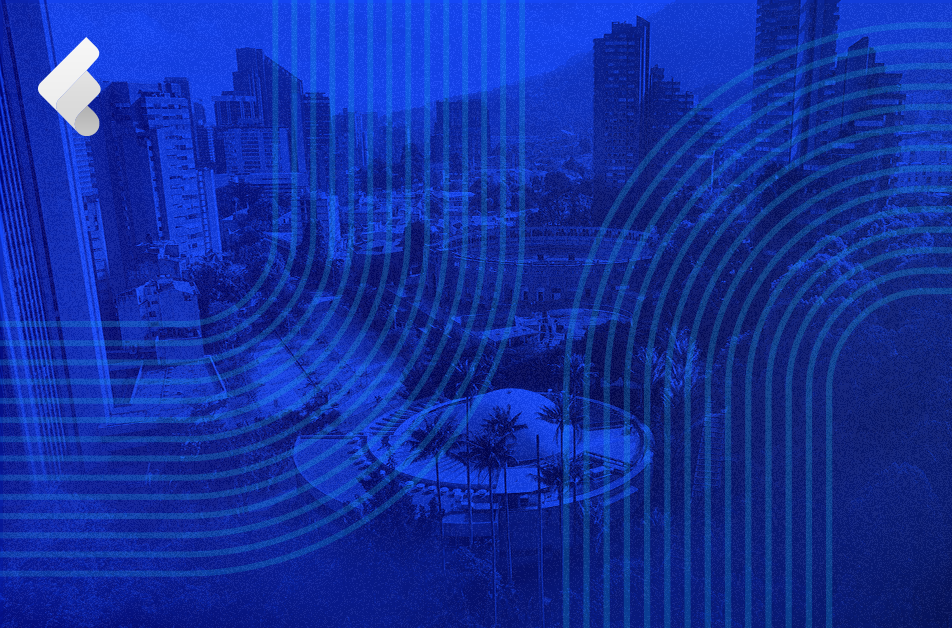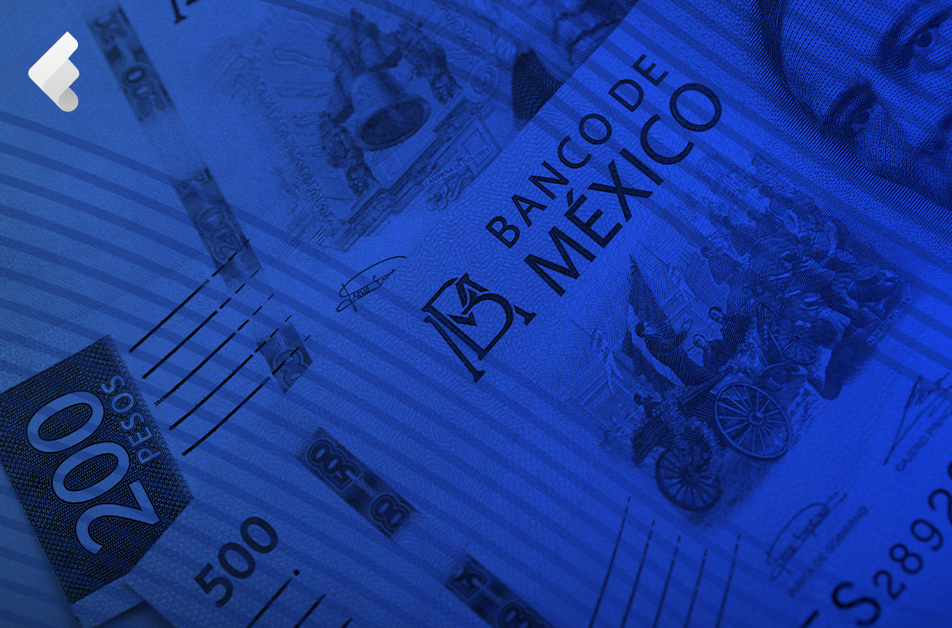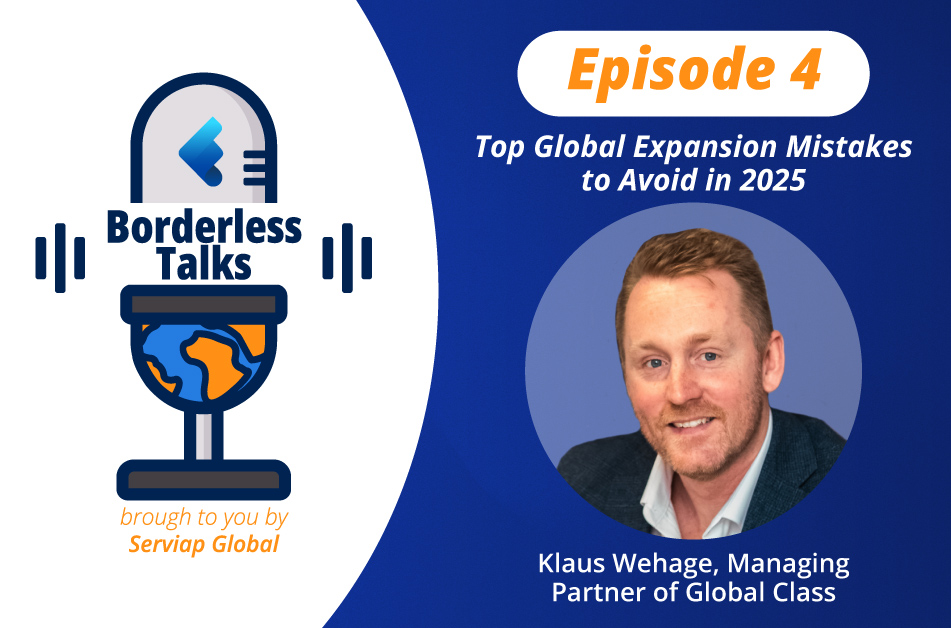Table of Contents
To mark International LGBT Pride Day 2023, Serviap Global spoke to experts about workplace inclusion and how companies can guarantee that their organization is open and welcoming to current and future LGBTIQ+ colleagues.
A growing number of companies worldwide are waking up to the benefits of having diverse teams, and tuning into the need to implement measures to foster an inclusive working environment.
That means creating a professional setting in which the only metrics by which people are judged are their skills and performance, while sexual orientation or gender identity — along with the likes of religion, nationality, and ethnicity — have no bearing on how they are treated and which opportunities are available for them to progress within the organization.
That means creating fair and impartial recruitment processes, as well as promoting anti-discrimination and zero-tolerance policies towards language or behavior that could be considered harrassing or discriminatory.
While recent years have seen the push for equal opportunities receive increased attention, according to the United Nations, members of the LGBTIQ+ community still face abuses and violence at all stages of the employment cycle, from bias during hiring to the deprivation of certain benefits.
With that in mind, we spoke to workplace inclusion activists and advocates to discuss what inclusion means in practice, the forms that discrimination can take, and what legislation is already in place, among other things.
They include Ari Vera, a trans rights activist who is the president of the Mexican Federation of LGBT+ Businesspeople (FMELGBT+), which is engaged in promoting standards and policies among businesses to promote inclusion, among its other work.
We also spoke with María Ortuño, a workplace inclusion specialist based in Madrid, Spain, who is the deputy director of the Business Network for LGBTI Diversity and Inclusion Association (REDI), which works to eliminate sociocultural prejudices that hinder the professional development of LGBTIQ+ people.
In Colombia, we spoke with David Alonzo, an LGBTIQ+ activist who is the district director for sexual diversity, populations and genders at the Mayor’s Office of Bogotá.
We also spoke with Sao Paolo-based Daniel Kehl, who is co-executive director of TODXS, an organization dedicated to promoting diversity and workplace inclusion throughout Brazil.
Below we have selected answers from each of the people we spoke with, which have in some instances been slightly modified for clarity.
What are the main causes of discrimination towards LGBTIQ+ people?
David Alonzo: Discrimination towards people from LGBTI social sectors is mainly caused by prejudices (both subjective and social) that revolve around diverse sexual orientations and gender identities – SOGI. It is not (at least not exclusively) about a certain “mood” or “hatred” of the aggressor towards LGBTI people, but rather violence based on prejudice is “a symptom and result of a prejudiced society”, as Colombia Diversa (2014) has mentioned in one of its reports.


Prejudice is understood as a preconceived opinion that tends to be unfavourable about something. In the case of violence based on prejudice against LGBTI people, such prejudice refers to a (generally negative) characterisation and discriminatory selection of a victim for being part of a certain group (Escobar, 2016). Prejudicial violence can be exercised with the aim of imposing or recalling a state of subordination or inferiority in the framework of a hierarchical social order, and it can also be exercised to exclude or exterminate what the victim represents for the person who attacks him/her.
This prejudice occurs because, culturally, anything outside of cisgender (people whose birth sex corresponds to their gender identity and expression) or outside of heterosexual relationships (other than between a man and a woman) is considered by many people to be “different” or even “out of the ordinary”, despite the fact that throughout history references to multiple forms of sexual orientations and gender identities have been identified.
In this sense, gender stereotypes establish specific roles for women and men, and LGBTI people’s non-compliance with these roles entails a transgression of a certain social order (the one associated with a single representation of the family, where sexuality is almost exclusively at the service of reproduction). From this derives the generation of a moral judgement that evidences hierarchies and inequitable power relations in which LGBTI people are perceived as a “risk” to this social order.
It is precisely the pathologising discourses according to which OSIG diversity as a “mental illness” has historically legitimised an idea of a supposed normality that does not necessarily correspond to the experiences of LGBTI people. Therefore, the IACHR (2016) has said that one of the main causes of discrimination and violation of human rights and an obstacle to their free development, faced by LGBTI people and in particular transgender people, refers to such pathologisation.
Thus, LGBTI people are burdened by certain stereotypes related to sex, gender and sexual orientation. Based on these stereotypes, LGBTI people are often assigned characteristics that are considered socially negative, which puts them at a disadvantage and makes them vulnerable in the hierarchy between different social groups.
While not all violence against LGBTI people may be based on prejudice, the use of such a concept allows both a greater applicability of the Colombian Criminal Code, which criminalises acts of discrimination according to Law 1482 of 2011 as amended by Law 1752 of 2015, and a differential understanding of situations that particularly affect these people in different areas of their lives, which should be addressed not only in a punitive manner, but mainly through prevention and education.
What does inclusion mean to your organization?


Ari Vera: For FMELGBT, inclusion means creating a corporate culture with an awareness of differences and the value that lies in them. It is to think of us all as one and the same without the action of inclusion being seen as someone doing you the favour of including you, but quite the opposite.
We emphasise the value of differences and diversity; without these principles it is difficult to grow, improve and transcend or remain, therefore any workplace must guarantee non-discrimination based on sexual orientation, gender identity and/or expression and diverse sexual characteristics. Through our programmes we seek to influence in favour of LGBTI people in any economic sphere.
How does your organization promote inclusion?
María Ortuño: At REDI, the Business Network for LGBTI Diversity and Inclusion, a non-profit association established in 2018, we work to ensure that all people are valued for their talent, regardless of their sexual orientation, gender identity or gender expression. Our vision is to contribute to eliminating the socio-cultural prejudices that still hinder the professional development of LGBTI people.


We believe that diversity is an essential component for the growth, innovation and sustainability of companies. And, as several studies show, companies with DEI (Diversity, Equity & Inclusion) programmes have proven to offer more creative business solutions and to be better at attracting and retaining talent, which contributes to making them more profitable, as well as fairer and more inclusive.
The inclusion of LGBTI diversity is a step forward, adding to the wealth of diversities. Currently, all leading diversity and inclusion programmes include LGBTI workforce actions.
REDI is a reference ecosystem of companies, institutions and professionals, for consultation and exchange on needs and best practices in diversity, equity and LGBTI inclusion.
We accompany and provide trusted answers for partner companies in their LGBTI DEI cultural transformation process. In addition, we create useful and impactful tools and resources that enable companies to manage their corporate diversity strategy, and we provide specialised training on the subject that helps to raise awareness about the reality of the collective.
We also organise a variety of events where we create a forum for the exchange of best practices and inspiring ideas. And, of course, we connect communities of LGBTI employees and allies, both internally and externally, providing a common space for opportunities, collaborations and business.
What, if any, effect has the major shift to remote working seen since the pandemic had on LGBTIQ+ inclusion in workplaces?
Daniel Kehl: The transition to remote work during the pandemic caused both positive effects and challenging situations for the inclusion of LGBTIQ+ people in workplaces. It is up to companies to offer more flexibility and access to online communities, as challenges related to isolation and digital inequalities were heightened during the pandemic.


Some positive considerations that we observe in this scenario are: greater flexibility for an authentic expression of their identity and the reduction of possible discrimination or stigmas associated with the face-to-face work environment; and access to virtual communities, since remote work can create opportunities for LGBTI+ people to connect with networks and support groups inside and outside of work;
On the negative side, there are: increased challenges related to isolation, with physical distance that can limit social interactions and impact the sense of belonging in the workplace; potential digital barriers, as some LGBTI+ people face socio-economic inequalities, lack of resources or restrictions in access to devices and quality internet; and challenges related to communication and collaboration.
How are LGBTIQ+ people represented in the workplace and how is their access to work reflected in Bogotá?
David Alonzo: In 2022, research was carried out, joining efforts between the Corona Foundation and the Directorate of Sexual Diversity, Populations and Genders, whose objective was to identify the barriers faced by LGBTI social sectors in their labour trajectories (from education to employment), in order to provide inputs in the promotion of normative, social, political and cultural transformations that guarantee rights from the promotion of labour inclusion.
As part of the data collection process during the characterisation of the labour situation of people from these social sectors in Bogotá, alarming figures were found that allow us to have a first picture of the context in terms of salaries, formality and perception of discrimination in the work environment: People from LGBTI social sectors reported, for the most part, receiving a monthly salary of between 908,000 COP and 2,000,000 COP (between approximately US $219 and US $482), oscillating around the minimum wage. This was the most reported case among the sample.
The issue is even more critical for transgender people: the most common income reported is between 150,000 and 500,000 COP per month (between approiximately US $36 and US $120). This indicates the gaps that exist between transgender people and other social sectors in their representation in the employment scenario. When it comes to employment, there is also an educational gap that generates difficulties in entering the labour market. Without disaggregating by social sector, it is clear that there is an obstacle in access to higher education that facilitates job placement: 19% of the sample reported not having finished high school.
In the case of transgender people, this figure represents 32% of the respondents. The highest level of education is low in general terms: only 26% of the transgender respondents had access to post-secondary education, while 46% of people from other social sectors reached this level. This implies that social sectors have great difficulties in accessing the labour market, especially transgender people.
This context mainly evidences 4 barriers faced by LGBTI social sectors according to the study. These barriers generate obstruction to access the formal labour market and economic stability, which shows the representation of the social sectors in the labour sphere and what they face in order to gain official access. The barriers are:
- Cross-cutting barriers: those referring to the absence of family support, entrenched attitudes of discrimination at social and institutional level and access to documents.
- Educational barriers: a deficiency in hard skills and socio-emotional skills, lack of economic resources for education due to lack of family support, school violence and invisibility of the gender and sexual diversity approach in the classroom were identified.
- Intermediation barriers: this refers to institutional intermediation such as accompaniment for job placement, administrative barriers in the hiring process, and the lack of support in the labour market.
- Employment barriers: difficulty in accessing formal employment, precarious and informal employment contracts, discontinuous employment trajectories, lack of adaptation of the work environment to diversity, inflexible rules on physical appearance, labour exploitation of trans people.
With regard to the district offer that aims to facilitate access to work, the LGBTI Public Policy coordinates actions to promote the employment of people from LGBTI social sectors through various channels: providing support to private sector companies interested in hiring people from these social sectors, training public entities to employ people from these sectors (with emphasis on the trans population), accompanying professional growth processes for entrepreneurs from the LGBTI social sectors and supporting employability workshops for the social sectors.
For the first point, there is an “Employability Guide” that allows the employer to know reasonable adjustments, necessary to guarantee an equitable hiring. Support is also provided in the search for the required profiles. As of 13 June 2023, 15 companies/organisations in the private sector interested in the implementation of the working environment strategy and in the creation of care routes in the event of discrimination based on sexual orientation and non-heteronormative gender identity have been approached. As part of this process, parallel support was provided through the “Se puede emprender” route, which trains and advises entrepreneurs in the LGBTI social sectors.
The processes in the public sector, secondly, have focused on training for work teams and facilitating access to transgender people. In order to promote the employability of trans people in the public sector, Directive 005 “Guidelines for the protection of the rights of trans people in the field of human talent management and employment in the Capital District” was issued in 2021, 11 guidelines that promote the employment of trans people (through service contracts or appointments) and the implementation of institutional adjustments that facilitate respect and recognition of the gender identity of trans people, as well as training and education not only for public servants but also for general services and security personnel of the district entities. In total, 325 people have been linked to district entities by June 2023.
For the third point, the Economic Development sector, from its mission, leads the process of labour inclusion through the district’s employment route for people from LGBTI social sectors and training in job skills.
What are some of the less obvious forms that workplace discrimination can take?
María Ortuño: Unconscious biases are, nowadays, perhaps the least obvious and most complicated form of discrimination to eradicate, due to their very nature. For this reason, we accompany companies with awareness-raising workshops that address these biases and prejudices and help to bring LGBTI realities closer to them. In addition, we help our members to create procedures that allow them to “overcome” these biases, both in selection processes and internal promotion.
What are some of the biggest mistakes you see among organizations trying to promote inclusion?
Ari Vera: When people think that inclusion is fashion, business, marketing, or because they are good people they will do you the favour of including you. These attitudes create only simulations that in the end reveal a lack of commitment and conviction.
Daniel Kehl: We observe many companies having difficulty in promoting an inclusive environment. In the consulting material prepared by TODXS, we identified that the main points are: a superficial approach to inclusion, with isolated programs without a commitment to change; the lack of involvement of underrepresented groups, who are usually not consulted in the search for solutions; the neglect of continuous learning and the absence of training that develops deeper understanding and lasting change; measuring success only on the basis of visible diversity, since it is important to create a work environment where everyone feels valued and has equal opportunities for growth and development; and the lack of accountability without setting clear goals.
To avoid these mistakes, organizations must take a holistic approach, incorporate inclusion into their culture, strategy, and daily practices, and make a genuine commitment to a continuous learning mindset and the active involvement of everyone in the organization.
Ari Vera, David Alonzo and Maria Ortuño spoke with Karen Alfaro. Daniel Kehl spoke with Rafael Sens.
Serviap Global supports companies with global hiring solutions in over 100 countries worldwide. Contact us today.
